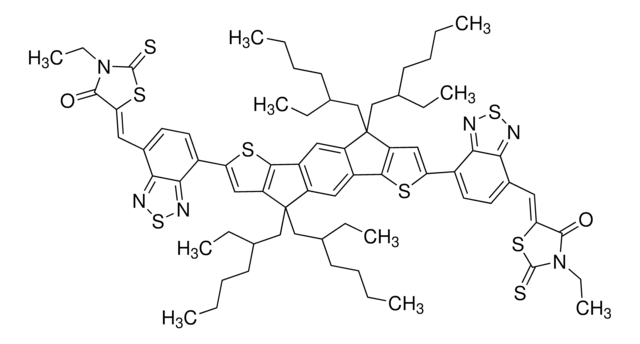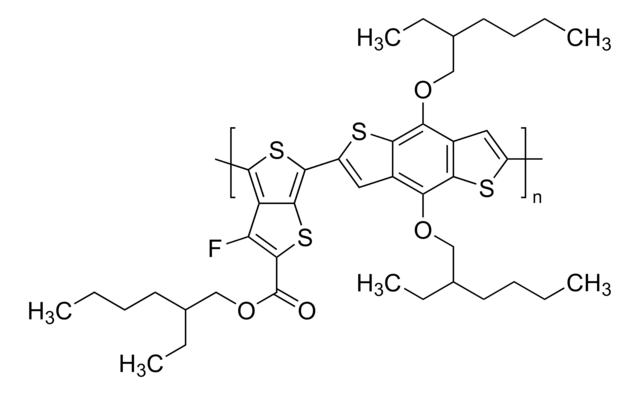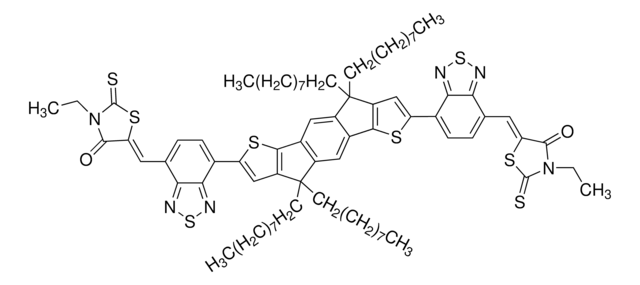906379
COi8DFIC
≥98%
Synonyme(s) :
2,2′-[[4,4,11,11-tetrakis(4-hexylphenyl)-4,11-dihydrothieno[2′,3′:4,5]thieno[2,3-d]thieno[2′′′′,3′′′′:4′′′,5′′′]thieno[2′′′,3′′′:4′′,5′′]pyrano[2′′,3′′:4′,5′]thieno[2′,3′:4,5]thieno[3,2-b]pyran-2,9-diyl]bis[methylidyne(5,6-difluoro, NFA146, O6T-4F, PCE146
About This Item
Produits recommandés
Description
Band gap: 1.62 eV
Pureté
≥98%
Forme
solid
Solubilité
soluble (chloroform, CB and ODCB)
Énergie orbitale
HOMO -5.5 eV
LUMO -3.88 eV
Description générale
In a recent study, COi8DFIC or O6T-4F was selected in a Tandem cell by computer assited design and gave a record PCE of 17.3∃% for fabricated organic solar cells.
COi8DFIC or O6T-4F is frequently selected to blend with a narrow-bandgap donor material and another narrow bandgap acceptor material to fabricate ternary organic solar cells. The PTB7-Th:COi8DFIC:PC71BM ternary cells offered a PCE of 14.08%. By further adopting a post-annealing process, an outstanding PCE of 14.62% can be achieved. Furthermore, the device utilizing COi8DFIC exhibited a good thermal stability with PCEs over 13.5% in a wide temperature range (70–160 °C).
Application
In a recent study, COi8DFIC or O6T-4F was selected in a Tandem cell by computer assited design and gave a record PCE of 17.3% for fabricated organic solar cells.
Tandem Cell Device performance:
ITO/ZnO/PFN-Br/PBDB-T:F-M/M-PEDOT/ZnO/PTB7- Th:O6T-4F:PC71BM/MoO3/Ag
Voc=1.642 V
Jsc=14.35 mA/cm2
FF=73.7%
PCE=17.3%
COi8DFIC or O6T-4F is frequently selected to blend with a narrow-bandgap donor material and another narrow bandgap acceptor material to fabricate ternary organic solar cells. The PTB7-Th:COi8DFIC:PC71BM ternary cells offered a PCE of 14.08%. By further adopting a post-annealing process, an outstanding PCE of 14.62% can be achieved. Furthermore, the device utilizing COi8DFIC exhibited a good thermal stability with PCEs over 13.5% in a wide temperature range (70-160 °C).
Device structure:
ITO/ZnO/PTB7-Th:COi8DFIC:PC71BM/MoO3/Ag
- Before annealing
Jsc=27.74 mA/cm2
FF=0.701
PCE=13.65%
- After annealing at 80°C
Jsc=27.39 mA/cm2
FF=0.734
PCE=14.62%
Code de la classe de stockage
11 - Combustible Solids
Classe de danger pour l'eau (WGK)
WGK 3
Point d'éclair (°F)
Not applicable
Point d'éclair (°C)
Not applicable
Certificats d'analyse (COA)
Recherchez un Certificats d'analyse (COA) en saisissant le numéro de lot du produit. Les numéros de lot figurent sur l'étiquette du produit après les mots "Lot" ou "Batch".
Déjà en possession de ce produit ?
Retrouvez la documentation relative aux produits que vous avez récemment achetés dans la Bibliothèque de documents.
Les clients ont également consulté
Articles
Professor Chen (Nankai University, China) and his team explain the strategies behind their recent record-breaking organic solar cells, reaching a power conversion efficiency of 17.3%.
Notre équipe de scientifiques dispose d'une expérience dans tous les secteurs de la recherche, notamment en sciences de la vie, science des matériaux, synthèse chimique, chromatographie, analyse et dans de nombreux autres domaines..
Contacter notre Service technique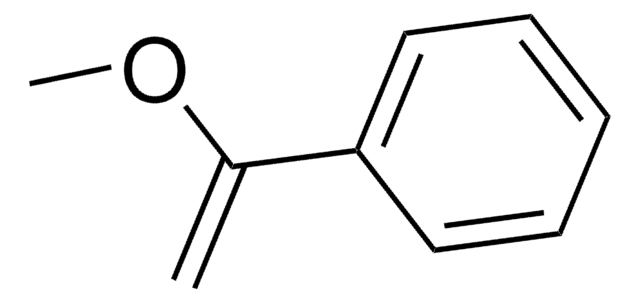


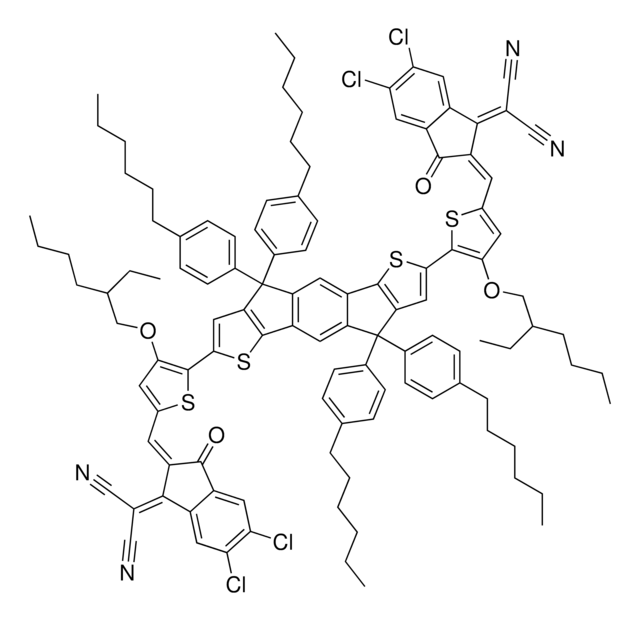
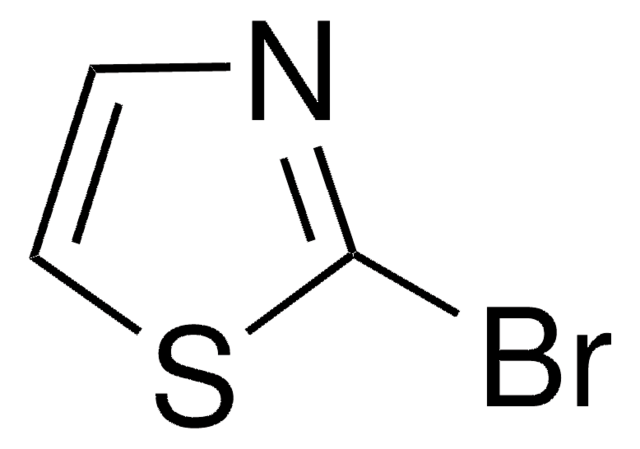
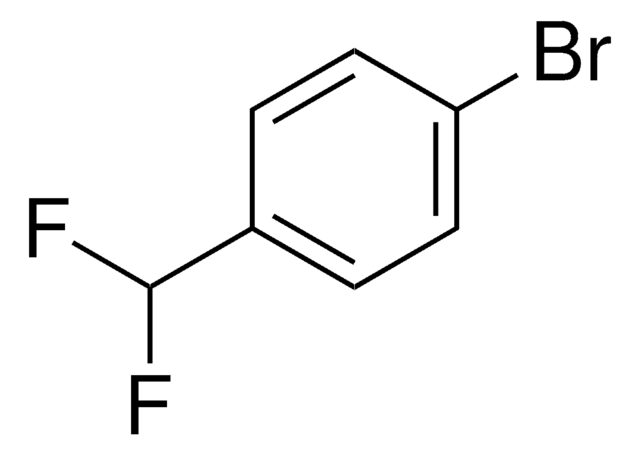



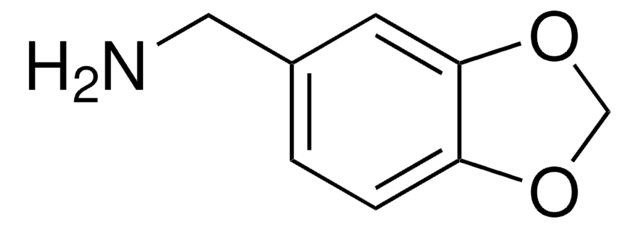
![[6,6]-Phenyl C71 butyric acid methyl ester 99%](/deepweb/assets/sigmaaldrich/product/structures/716/624/9fb9f2f0-ae99-429f-8d3a-b12267976a4d/640/9fb9f2f0-ae99-429f-8d3a-b12267976a4d.png)

